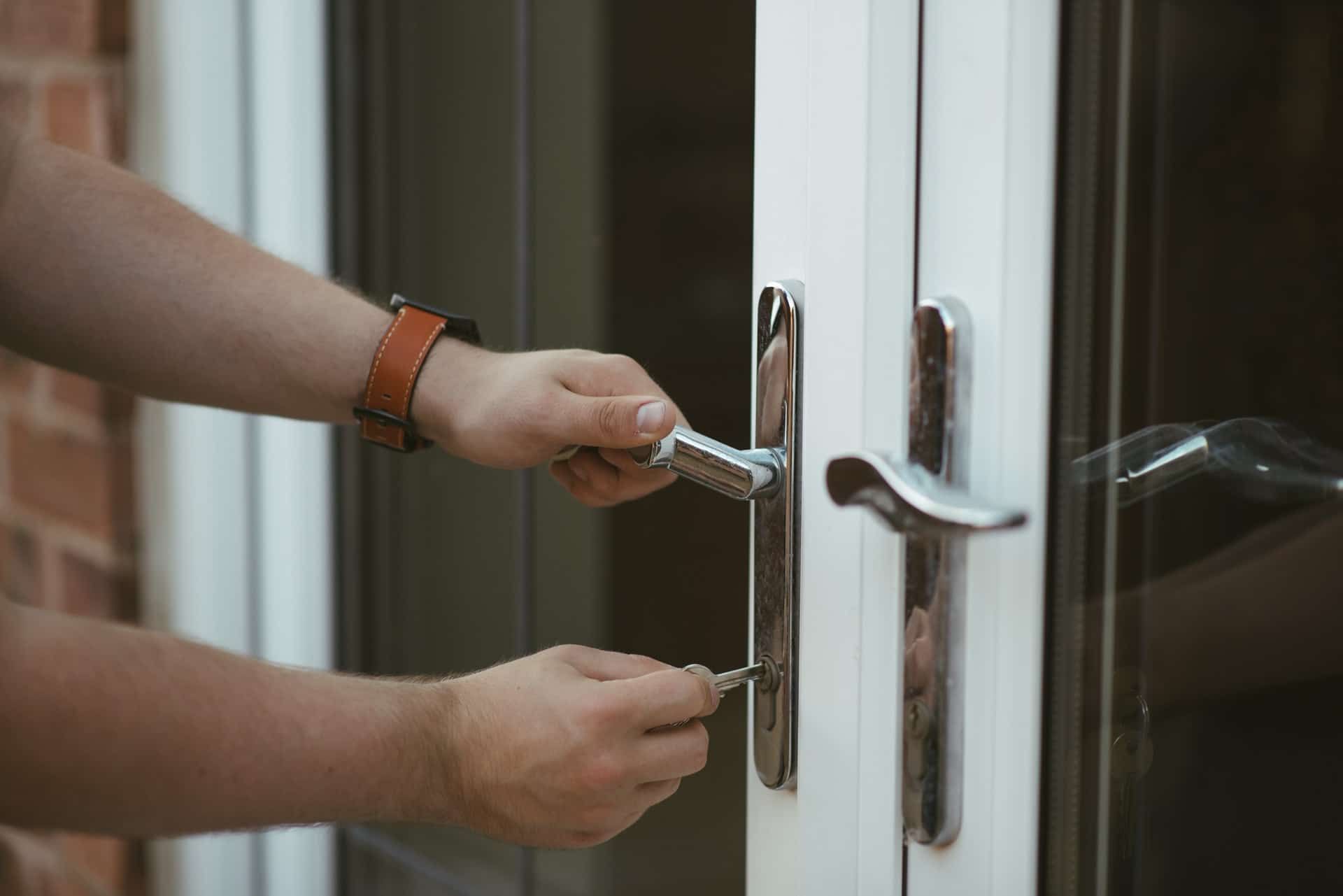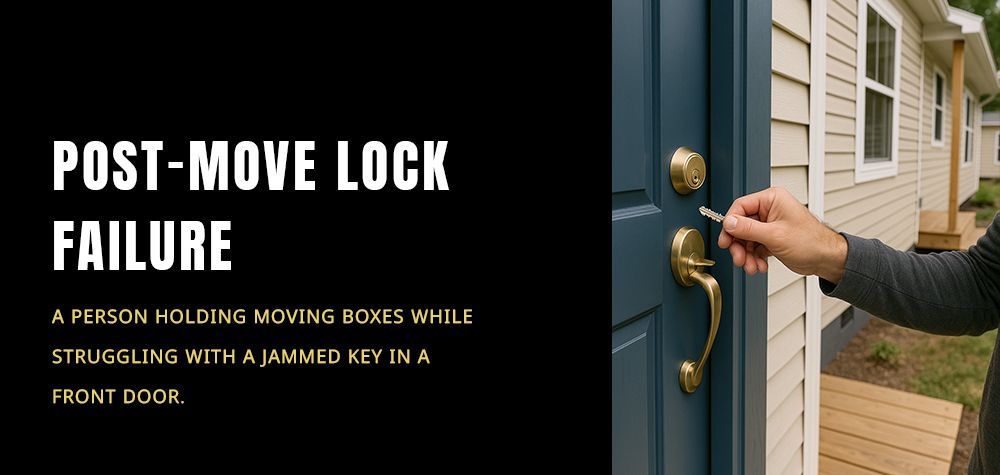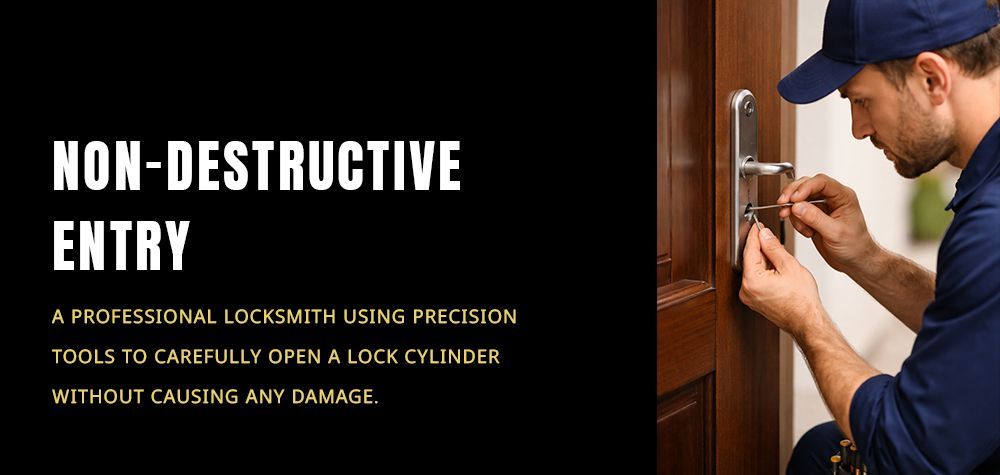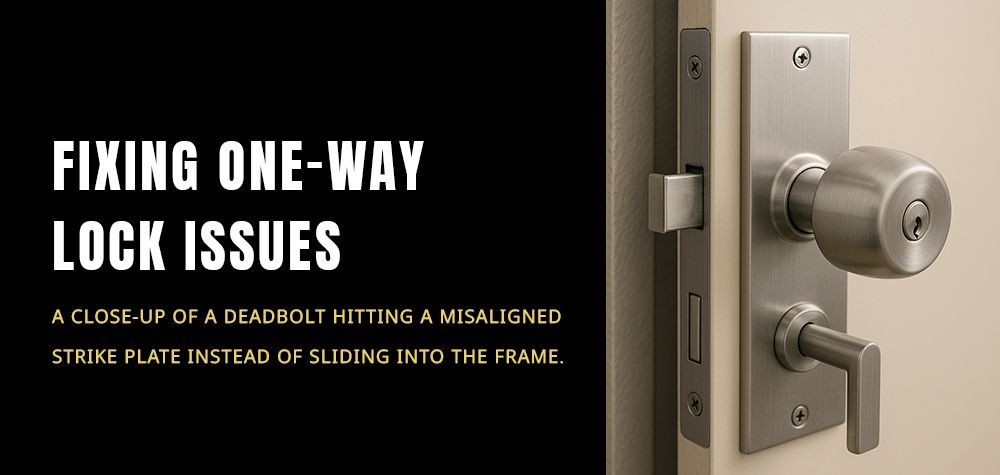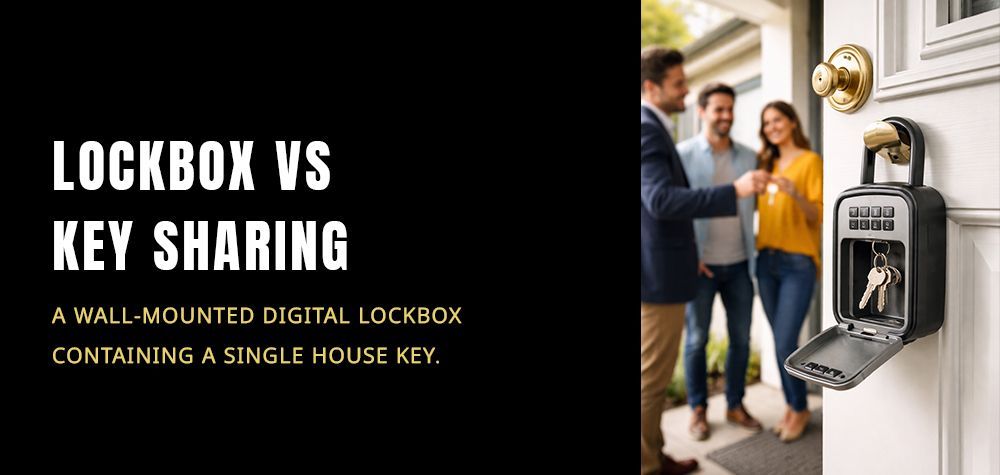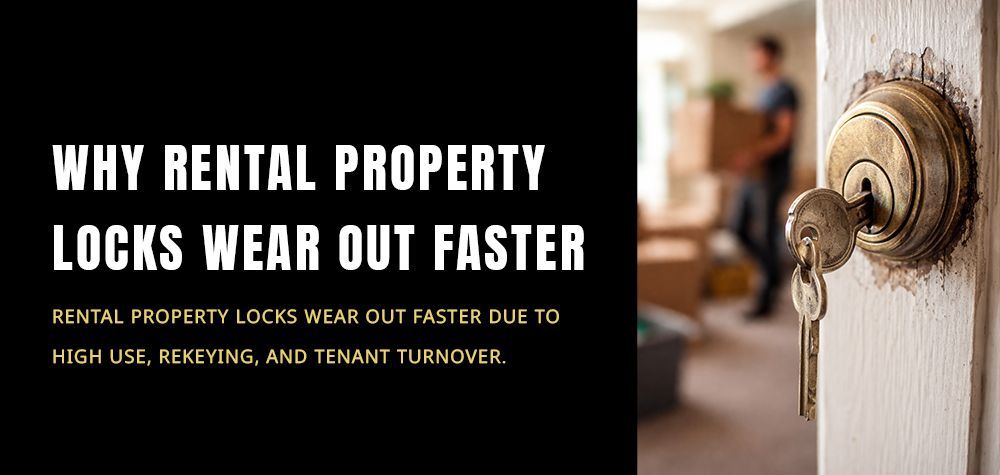Door Lock Maintenance Tips For Winter
Winter seasons are beautiful and fun, especially in cities like Phoenix, where you experience frigid cold temperatures. Winter comes with a lot of fun. Snowball fights bring families together. Hiking and building a snowman with your kids creates memories.
But hold on! It’s not always a smooth one. The fun that comes with winter also comes with its hassles. A frozen door lock is one of them. Whether it’s a lock on your gate, a lock on your front door, or the lock on your car, one of these is enough to ruin your day if froze
No one wants to get stranded in front of their house during a cold night all because of a frozen door lock. It is possible to prevent this from happening if you are abreast with good tips for your door lock maintenance during winter.
Before showing you how to maintain your door lock amidst the subzero temperature of the winter, let’s walk you down through how the cold inflicts avoidable problems on your door lock.
Let’s unpack!
What Can Winter Do to Your Door Locks?
1. Seizing of door locks
Your door locks can seize during cold seasons. Thanks to the cold air. This leads to locking contraction. When your lock contracts, it becomes difficult for the keys to function properly and thus prevents you from using the lock.
2. Freezing of door locks
This mostly affects external locks, though sometimes interior locks are not exempted.
During the winter seasons, your locks are exposed to cold air. This can make the lock wet. When the water content freezes, it forms an ice coating. And this renders your key ineffective.
Some Tips For Your Door Lock Maintenance During Winter
Now that you’ve seen what winter seasons can do to your door locks let’s show you some door lock maintenance tips for winter.
1. Using the WD-40 magic
The WD-40 is a lubricant that keeps water out of any lock to prevent freezing. The trick is to rightly place the nozzle directly inside the door lock opening when spraying the lubricant.
You can also use this for combination locks. Spray the lubricant in any openings so that it gets into the lock mechanism.
In winter seasons, spray it once or twice a week to ensure that your door lock is always in good working condition. Yes, It works like magic!
2. Use a similar lubricant “the graphite spray”
The graphite spray works just like the WD-40. They are both for the same purpose. But it doesn’t smell as bad as the WD-40. This is a good choice when looking for a lock lubricant that won’t send the visitors away. It works better on car locks.
Just like the WD-40, ensure that you use it regularly during the winter, to keep them in good working condition and prevent freezing.
3. Try the magnet trick
Covering the lock opening with a magnet will surely prevent moisture from entering the lock mechanism keeping the lock internals dry and resistant to freezing. All you have to do to open your lock is to remove the magnet and use your key.
4. The petroleum jelly trick
Petroleum jelly, also known as Vaseline, is also a lubricant and can prevent moisture from getting into the lock.
To use this trick, all you have to do is to smear some of the jellies on your key. Then insert it into the lock and twist it gradually around the inner lock mechanism. Do this three times a week during the winter to ensure the lock remains lubricated and moisture-free.
Another advantage of this trick is that it can open an already-frozen lock. It’s like getting two birds with a stone- open the lock and lubricate the lock to prevent future occurrences.
Also, take note that this won’t be effective for locks with combination mechanisms as you can’t use a key to coat the interior.
5. Melt that ice with hand sanitizers
In cases where your door locks completely freeze up. There’s no need to panic. Just get a hand sanitizer, apply some of it on the key, and insert it into the lock. Thrust it in and out a few times, then try to turn the key.
Alcohol, which is the major component of hand sanitizers, melts ice. This makes hand sanitizers good anti-freezing agents.
6. Try the weatherproof locks
Some manufacturers are aware of the setbacks the winter cold has on locks and now manufacture locks that resist freezing.
If you always struggle with your locks during the winter, and you find these steps hectic, you can buy quality weatherproof locks. The problem here is that weatherproof locks don’t give you 100% assurance not to freeze. But they can withstand freezing better than your normal locks.
When making your choice, we suggest you go for those with a plastic casing that blocks moisture.
Do’s and Don’ts
- Don’t try to pour hot water on the lock in an attempt to defrost it!
Yes, the ice will melt when this is done but the side effect is that all that water you poured into your lock will get frozen back in a few minutes.
- Don’t try to force the lock open by turning the key very hard. This could cause the key to break, creating a bigger problem.
- Do keep your lock lubricated at all times.
- Do keep it covered with a magnet at all times if possible.
Do you need more information on door locks and their maintenance? Contact us. Here at Brothers Locksmith, we are known for our top-notch lock services. If you ever find yourself stranded and unable to access your lock, no need to look any further! We got you. It’s our specialty to help you assess every difficult or broken lock. We have professionals who are willing to assist you promptly.
If you are in Phoenix, we are the locksmith near you. We are a top-rated lock service. Contact us today and see how professional we are. We’d be happy to hear from you.
Call Us Any Time!


